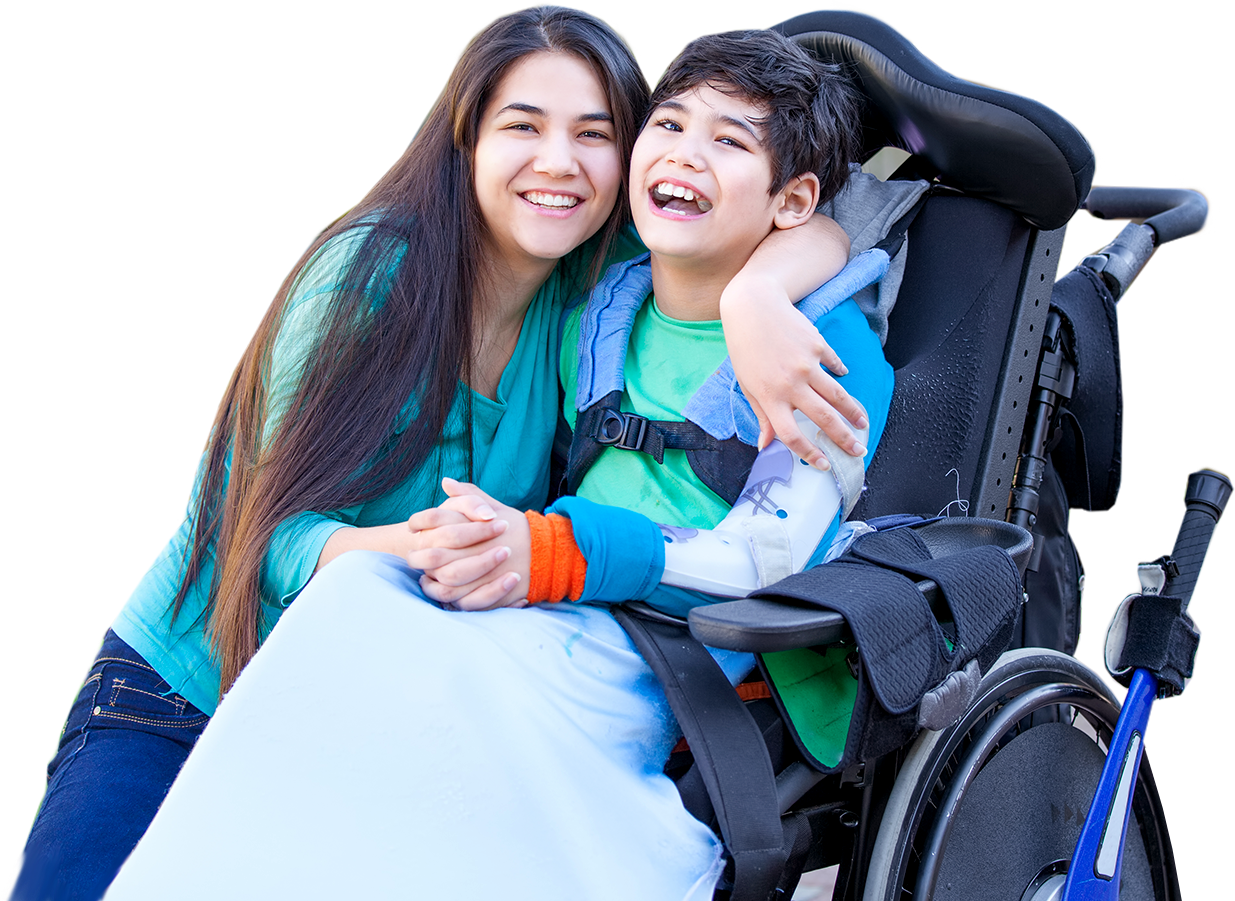CPFN Blog
advice to better care for your child

- Alternative
- Assistive Technology
- Associated Conditions
- Birth Injury
- Causes of Cerebral Palsy
- Cerebral Palsy Diagnosis
- Cerebral Palsy Information
- Cerebral Palsy Therapies
- Cerebral Palsy Treatments
- Child Development
- Doctor Visits
- Education
- Equipment
- Featured
- Legal Help
- Medical Research
- News
- Patient Care
- Prenatal Care and Childbirth
- Stories
- Tips for Parents
- Types of Cerebral Palsy
- Updates
What Causes Cerebral Palsy?
Cerebral palsy is caused by abnormal development of the brain, which can occur during the early stages of a child’s life. Abnormal development can occur after sustaining brain damage through illness or injuries. Read on to discover the common causes of cerebral palsy. Damage to the Brain’s White Matter The brain’s white matter transmits signals... Read More
What Is an Anoxic Birth Injury?
Birth injuries shouldn’t be taken lightly. They can be severe enough to result in conditions including paralysis and cerebral palsy. Hypoxic or anoxic brain injury at birth—when the brain doesn’t receive enough, or any, oxygen—is one such condition. What’s Anoxia? Anoxia is the lack of oxygen. Medically speaking, anoxia describes a lack of oxygen; specifically... Read More
What Causes Lack of Oxygen at Birth and What Are the Long-Term Effects?
Birth asphyxia happens when a baby’s organs and brain aren’t receiving enough oxygen. Without adequate amounts of oxygen, cells throughout the body quickly start to malfunction. This can result in cells dying or sustaining permanent damage. Babies may suffer a range of injury types depending on how much, or how little, oxygen they receive. The... Read More
Is Cerebral Palsy Progressive?
Cerebral palsy is a concern for every parent, especially those who are about to deliver or have just experienced a traumatic delivery. Even though thinking about a cerebral palsy diagnosis can be scary, it allows you to prevent, identify, and develop a treatment plan that gives your child the relief and help that they need.... Read More
Is Cerebral Palsy Contagious?
Cerebral palsy is one of the most commonly diagnosed motor disabilities in children, with around 10,000 babies and infants being diagnosed every year. There is currently no cure for cerebral palsy, but there are treatments and therapies that can help with some of the symptoms and enable many people with the condition to enjoy a... Read More
Is Cerebral Palsy an Autoimmune Disorder?
If you’re starting a family, it’s normal to want to learn as much as you can about conditions like cerebral palsy. As you gather information about symptoms and diagnoses, you might begin to have questions like, “Is cerebral palsy an autoimmune disorder?” Discover some of the potential causes and risk factors for cerebral palsy and... Read More
The Importance of Speech Therapy for Cerebral Palsy
Many children with cerebral palsy experience some level of challenge with speech. Their challenges could be due to cognitive delays and learning disorders or might be the result of damage to the area of the brain that facilitates speech. Augmentative communication devices have opened doors and given new lives to many individuals, providing a means... Read More
Is Cerebral Palsy Caused at Birth?
A vast majority of cerebral palsy cases will occur before birth, while a baby is still in the womb. In fact, some organizations show that this number might be as high as 70%. When cerebral palsy is caused in the womb or during childbirth, it’s called “congenital” cerebral palsy. A much smaller portion of cerebral... Read More
Physical Therapy for Children with Cerebral Palsy
Physical therapy is a branch of medicine directed at the rehabilitation of muscles and the musculoskeletal system. It helps improve mobility and uses a variety of equipment and exercises to help patients achieve or improve abilities. Although there is no standard therapy that works for every individual with cerebral palsy, many children with CP can... Read More
Potential Causes of Hypoxic Ischemic Encephalopathy
Birth and delivery put stress on a baby. To protect the baby and minimize the dangers of giving birth, medical professionals must use extreme care during labor, including monitoring fetal heart rate changes from baseline—a marker of fetal well-being—to ensure that the baby is getting enough oxygen and is non-acidotic. When a baby is deprived... Read More
